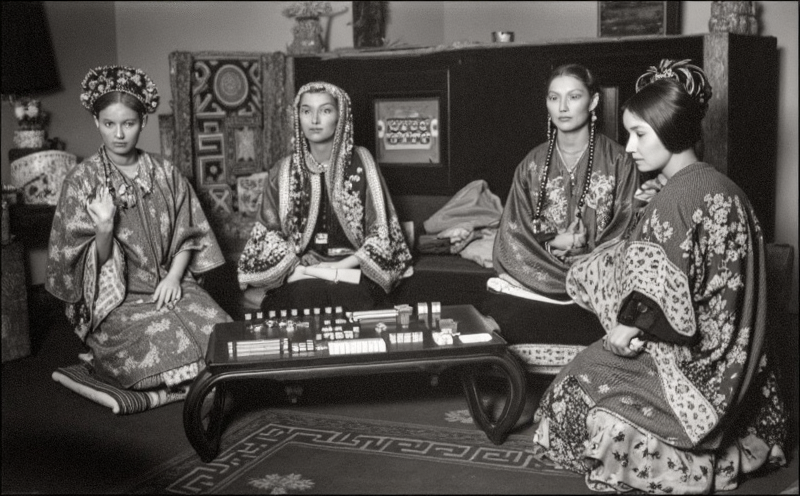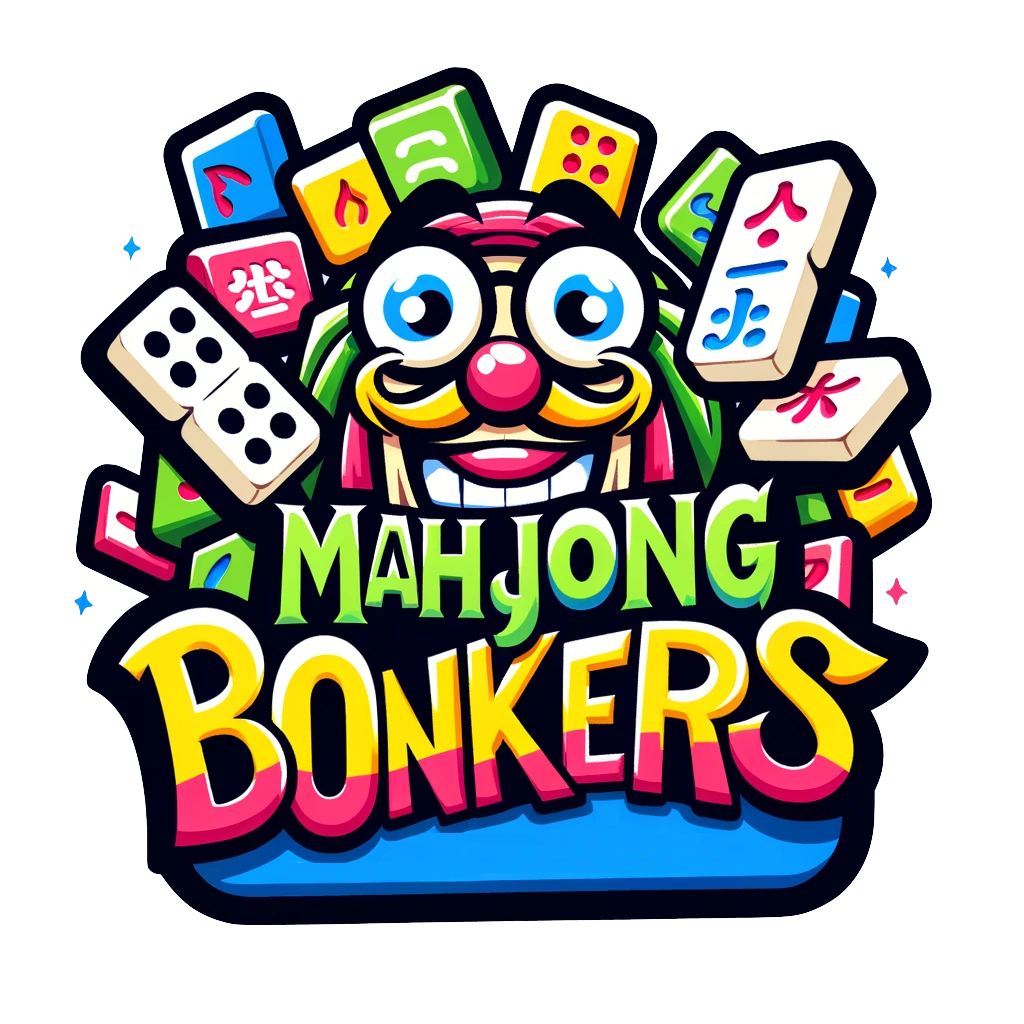Is Mahjong a Women's Game?

By Alexander Jameson, July 6 2024
Mahjong, a traditional Chinese tile-based game, has evolved significantly since its inception in 19th-century Shanghai. Once predominantly played by men, mahjong's gender associations shifted dramatically over time, especially after it made its way to the United States in the early 20th century. Today, mahjong is often seen as a social and recreational activity that appeals strongly to women. But how did this transformation occur, and what led to its association with femininity?
Mahjong's Journey to the United States
In the 1920s, mahjong reached American shores and quickly gained popularity. At the time, societal norms were shifting, with women becoming more visible as consumers and social participants. Mahjong provided a space for women to socialize, relax, and network, making it an attractive option for leisure. This social element, combined with the growing fascination with Chinese culture, made mahjong especially popular among women. In fact, women began hosting mahjong parties, creating an environment where they could enjoy the game while also strengthening their social connections.On Mahjong Bonkers, you can experience the joy of mahjong and discover why it continues to be a popular choice for players seeking mental stimulation and social interaction.
Evolving Gender Roles and Mahjong's Feminine Shift
The rise of mahjong as a women’s game can be tied to the evolving roles of women in society during the early 20th century. As more women sought out leisure activities, mahjong emerged as a perfect blend of entertainment and social connection. Its recreational nature made it a favorite among women who wanted to unwind with friends or family. By providing a platform for socialization, mahjong became a significant part of their lives, marking its shift from a male-dominated game to one embraced by women.Chinese-American women also played a key role in popularizing mahjong. Many took on roles as instructors during the early 1900s, further solidifying its association with femininity. Despite facing limited employment opportunities due to racial discrimination, these women found empowerment by teaching mahjong, helping spread the game across cultural boundaries.
The Role of the National Mah-Jongg League
Mahjong’s integration into American culture didn’t stop at social gatherings. The National Mah-Jongg League, founded in 1937 by Jewish women in New York, was instrumental in standardizing the game’s rules and making it accessible to a broader audience. Post-World War II, mahjong saw a surge in popularity, particularly among Jewish American women, who played a crucial role in preserving and promoting the game in their communities. For these women, mahjong was more than a pastime; it became a way to foster connections and strengthen ties between generations.Today, whether played for fun or to sharpen the mind, mahjong remains a beloved game for women and men alike. Its history speaks to its adaptability and its power to bring people together. At Mahjong Bonkers, you can immerse yourself in the exciting world of mahjong and experience firsthand why it has endured for so long as both a social and mental challenge.
